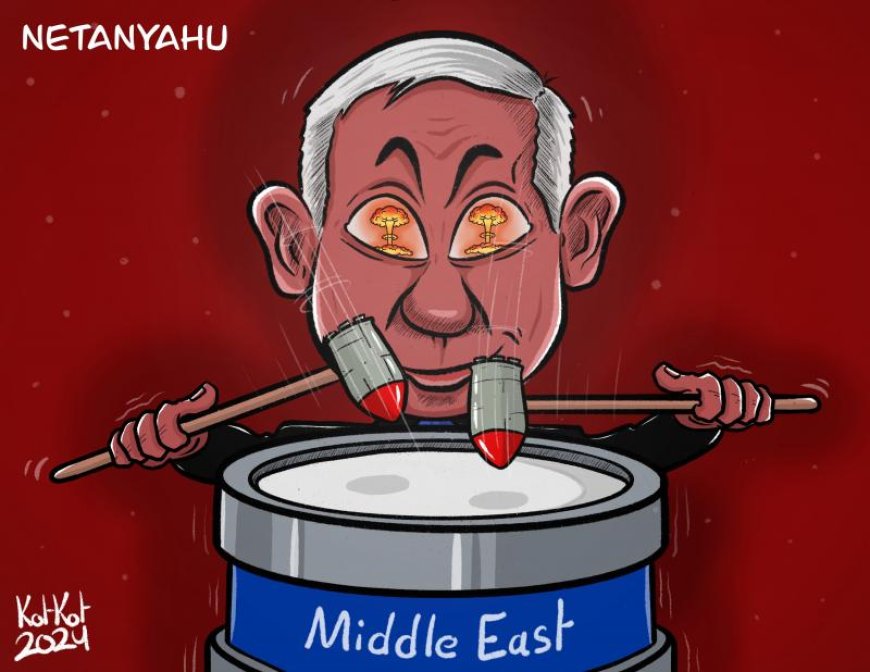Global Views: The Growing Doubts About Israel
Rising waves of doubt and resentment regarding Israel have surfaced in a society growing more divided. This attitude is not limited to the Middle East but is developing all around, including the United States. The continuing belief—especially in America—that Israel is an innocent and helpless state unfairly persecuted by its neighbors confounds many opponents of Israel.

Rising waves of doubt and resentment regarding Israel have surfaced in a society growing more divided. This attitude is not limited to the Middle East but is developing all around, including the United States. The continuing belief—especially in America—that Israel is an innocent and helpless state unfairly persecuted by its neighbors confounds many opponents of Israel.
According to the dominant story, the little country of 9 million Israelites is unfairly reviled throughout the region; others claim that surrounding nations just got up one day and resolved to wipe out the Jewish state together. Critics contend that as it overlooks Israel's complicated past and the ingrained political unrest in the Middle East, this picture is oversimplified and deceptive.
Israel seems to many onlookers as far from helpless. This country is said to be fragile in some areas but still has great political and military might. Some contend that, especially from countries like Iran, just one night of military action would be needed if the larger Islamic world and Arab countries really desired to eradicate Israel. This perspective holds that American assistance is absolutely vital for Israel's survival and that without it, the future of the nation would be dubious.
This mistrust also covers issues regarding the founding of Israel. Critics question why the Middle East let the basis of Israel to be accepted in the 1940s, a shelter for European immigrants only to be attacked decades later of illogical, unjustified enmity toward the Jewish state. Many people wonder who is the common element driving the Middle East's continuous wars.
Some believe Israel is always at the center of the conflict in the area; others claim the nation's objective is to spread "Greater Israel," which drives regional conflicts. These detractors view Israel as the cause of much of the unrest and assert that their actions are motivated by Zionism and a superiority complex, which they feel is helping to explain the nation's declining worldwide appeal.
Particularly in the era of social media, the reaction against Israel is become more difficult for Jewish people all around to overlook. Online venues abound with anti-Semitic memes, jokes, and videos. Critics say that many Jews feel the weight of this mounting animosity and bitterness. Often having to struggle with emotions of loneliness and anxiety, even in nations they previously considered safe, they are continually reminded of the world's rejection.
Critics of Israel ask its people and Jewish people all over to consider the present situation. They urge reflection and imply that rejecting the radical policies of leaders like Prime Minister Benjamin Netanyahu and separating oneself from Zionism will help one to find the road forward. These voices call for a respect of Palestinian rights, the founding of a Palestinian state, and the search of peace instead of conquest. They contend that since Jewish people have always been visitors to the Middle East and should want coexistence instead of control.
Many people wonder if Israel's present policies and reliance on U.S. backing will help it to remain long term protected. Some say the geopolitical tides are changing and that new powers are rising in the East, therefore casting doubt on whether the United States can keep as Israel's guardian for eternity. Critics contend that as world views change, Israel should rethink its strategy for the welfare and security of its people as much as for diplomatic considerations.
The globe is shifting, and Israel can find herself at a crossroads as fresh partnerships develop and power balances change. Will it pay attention to the mounting cries for peace and reconciliation or will it decide to keep on its present road? Only time will tell.













































